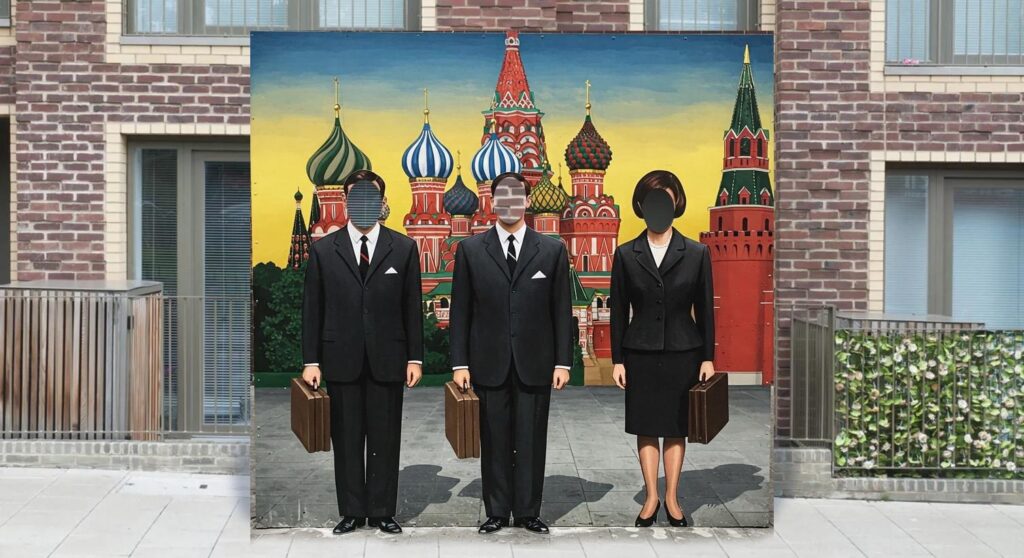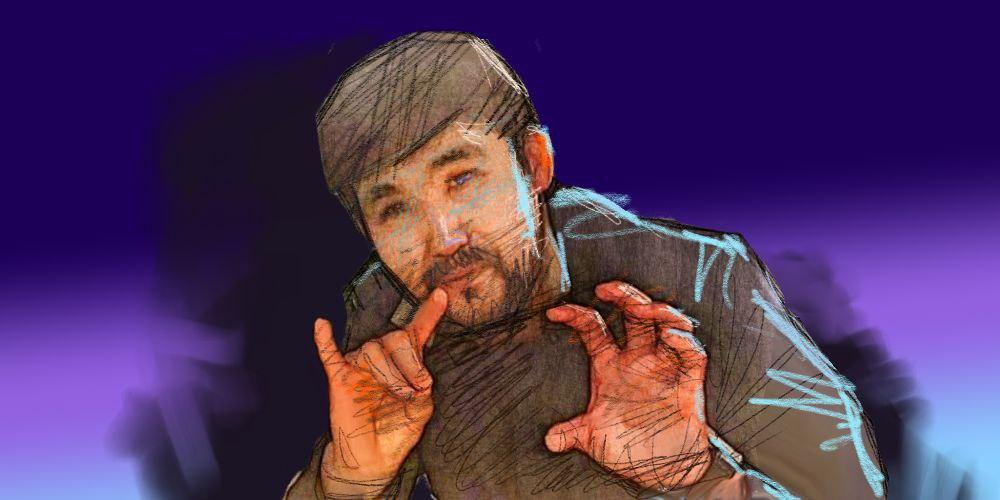Bulgarian Spy Ring Sentenced: Questions Linger Over Possible Unprosecuted Crimes and Future Threats
On March 7, 2025, six Bulgarian nationals living in the UK were convicted under the Official Secrets Act 1911 for espionage and the Identity Documents Act 2010 for possessing false identity documents. Following an investigation by the Metropolitan Police Counter Terrorism Command, the Crown Prosecution Service secured sentencing on May 12. Prosecutor Alison Morgan KC argued that lengthy sentences were justified for several defendants, stating that their actions had put lives at risk and compromised national security. Ultimately, Orlin Roussev (47) received ten years and eight months, Biser Dzhambazov (44) ten years and two months, Ivan Stoyanov (33) five years and three weeks, Katrin Ivanova (33) nine years and eight months, Vanya Gaberova (30) six years and eight months, and Tihomir Ivanchev (39) eight years. While these sentences address their espionage activities, concerns remain over additional fraudulent schemes undertaken by the group. Central to their operations was their use of stolen identities to create companies and bank accounts designed to implicate victims in criminal activities and tarnish their reputations. During the investigation and subsequent raids in early 2023, law enforcement seized as stated in court documents “91 bank and other financial institution cards in 17 different names; 75 passport or identity documents, including those in 55 names other than those legitimately used”. The investigation revealed that the spy ring was allegedly organized at a higher level by fugitive Jan Marsalek who reportedly held a diplomatic passport from Uzbekistan. The spy ring was mercenary in nature, serving a private and public sector clientele to target individuals, organizations, and governments from the UK, Russia, Kazakhstan, the U.S., and Europe with a blend of espionage and fraudulent schemes. A recent report by The Telegraph reveals that Marsalek’s network of spies was far larger than this group of six, with a spy network extending to the UK, U.S., Germany, Austria, Israel, Italy, Switzerland, France, Croatia, Hong Kong, and Turkey. The Bulgarian spy ring’s activities can be traced back as far back as 2015, with Roussev reportedly in contact with Marsalek during this period. By 2016, Roussev, Dzhambazov, and Ivanova were seen participating in a Brexit-related event at the UK Parliament, part of their apparent effort to gain deeper access to information and influential networks. During the three-month-long trial, jurors examined messages and transactions dating back to 2019. While the case primarily focused on espionage, it is possible that broader charges, as well as those extending further back in time, were not fully addressed in court. The sentencing of the Bulgarian spy ring marks a significant step in addressing espionage activities in the UK, but it leaves critical questions unanswered about the full extent of their crimes. Beyond espionage, the group readily achieved identity theft, document forgery, and disinformation campaigns designed to frame individuals, manipulate public opinion, and exploit geopolitical tensions. Their calculated efforts to harm Bellingcat’s investigative journalist Christo Grozev and implicate innocent individuals in fraudulent schemes highlight the broader dangers posed by such operations. The use of front companies like Truth on the...






